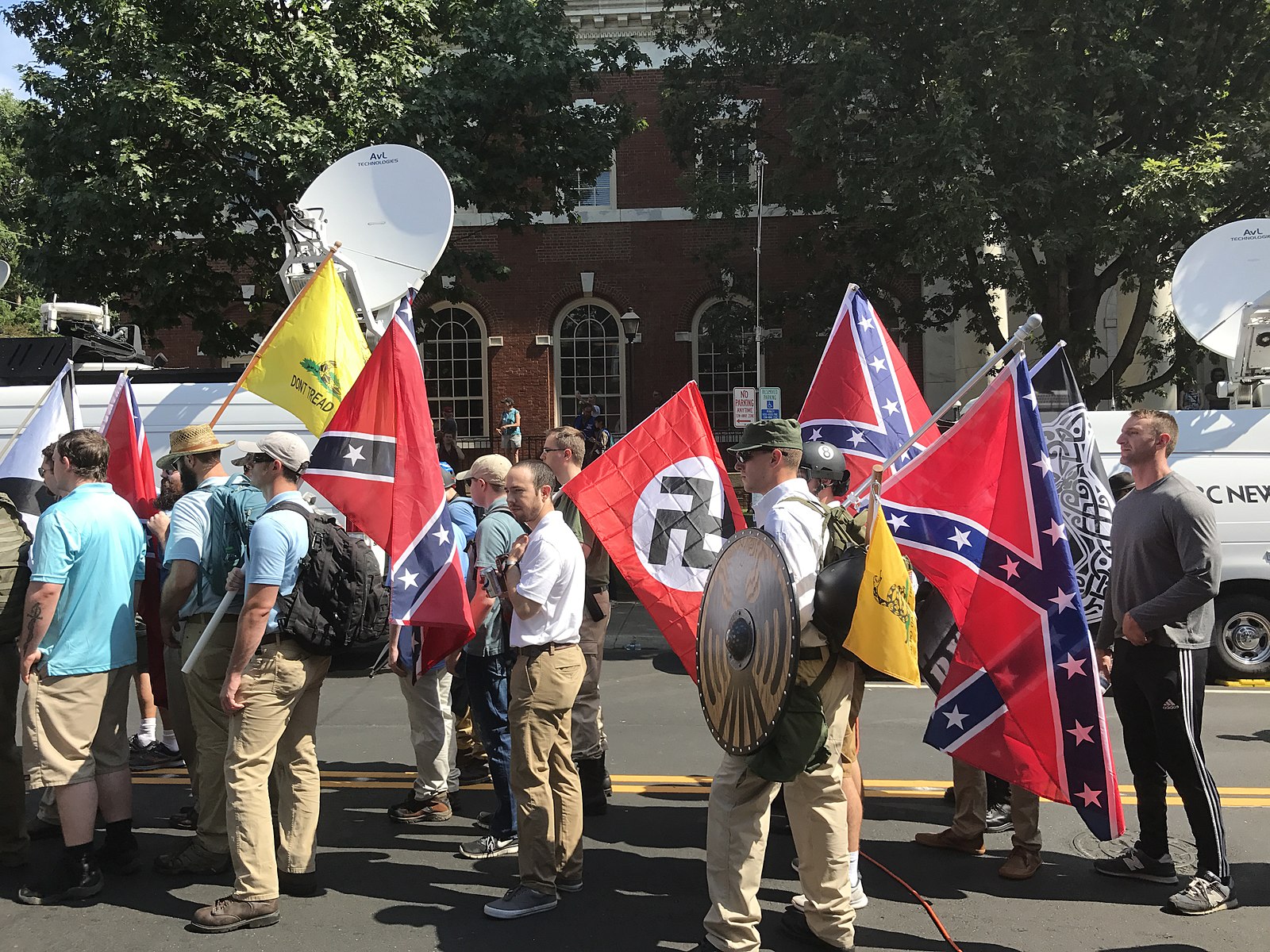
Alt-right members preparing to enter Emancipation Park holding Nazi, Confederate, and Gadsden “Don’t Tread on Me” flags. Licensed under CC-By-2.0
Most any coffeehouse is bound to become a de facto community hub, a place where people meet and chat, relax and renew, and work together or at least side by side. So when a Neo-Nazi rally plunges a serrated blade of hate through the abdomen of an otherwise peaceful community, few places will experience it as deeply as the local progressive coffeehouse.
Mudhouse Coffee Roasters was and continues to be exactly that all-welcoming third space for the eclectic community of Charlottesville, Virginia. The 2017 Roast Magazine Roaster of the Year award winner has three locations in and around Charlottesville, with a fourth currently in the works that co-founder, CEO and “Director of Joy” Lynelle Lawrence said will emphasize a connection to farms, farmworkers and the geography of the bean belt.
The company is also preparing to roll out an adventurous and local-produce-focused food menu helmed by a newly hired executive chef, and has been equally excited to witness early flowers sprout this Spring at Finca La Cabra, the Geisha coffee farm the company runs in Panama in partnership with Willem Boot and Kelly Hartmann. Lawrence said they expect a small fly-crop this winter, a year earlier than anticipated.
So, Mudhouse is an optimistic place, in love with its people, its environments, its products, and excited about its future. Staffed by a diverse crew of passionate locals, young and old, Mudhouse believes in places where division, prejudice and destruction aren’t just out of place, they are concepts specifically anathema to everything for which the compassionate Charlottesville institution stands. When local counter-protesters asserted the town’s spirit against the toxic and provocative alt-right interference last year, Lawrence said it was a long time coming, and the after-effects continue to reverberate with Mudhouse, its staff and its customers.
“These supremacists were not from Charlottesville; they came from over 36 states,” said Lawrence, who noted that the riot last August wasn’t the first spectacle racists had inflicted upon the town that summer. “In May they came with their torches and screamed their vitriol in our park, and we held a candlelight vigil. In July the KKK brought a sad sight of elders, without the hoods. We held hands and held our ground. In August, we’d had it. We weren’t willing to hand over our town to their hate.”
The flagship Mudhouse roastery cafe is located on Charlottesville’s downtown mall, which was practically ground zero for the clash that turned fatal last year when a schizophrenic Neo-Nazi from Ohio intentionally drove his car into a crowd of counter-protesters, injuring 19 people and killing local Charlottesville resident Heather Heyer. While there was no physical damage to the cafe as chaos unfolded in front of it, Lawrence said that if she could trade some broken glass, furniture and equipment for the emotional toll inflicted upon the town, she would do so in a heartbeat.
“It was horrific, like a war, and the world watched,” said Lawrence, who added from the business community perspective that, beyond the drop in traffic immediately after the event, there’s been continued economic fallout due to an ongoing campaign by alt-right antagonists specifically aimed at damaging the tight-knit community.
“Many, many people since have decided not to go to Charlottesville for that weekend trip, not to come to football games, not even to come downtown,” said Lawrence. “It severely harmed the businesses all over town, and that matters because this town is made up of local small business, who care about the town and the community. We don’t have chains on the downtown mall, we have community.
“They attacked our community; they attacked our mall which is a public park. But they didn’t get our soul. They doxxed and threatened, and still do. They created fake Facebook pages, things like, ‘Don’t go downtown’ or, ‘Stay away from Charlottesville.’ It’s a full-on campaign, and it hasn’t stopped for a year.”
While the tragic events in Charlottesville last August gained immediate and lasting notoriety both for the fatality and for Donald Trump’s subsequent moral equivocation between racists and those who oppose them, the sad reality in the United States today is that these clashes have continued to occur in various cities around the country. Every rally and counter-protest now seems to carry the threat of violence and destruction towards people and property, which is a liability many small businesses now must at least pause to consider.
Whether or not a company strives to operate as a symbol of equality, diversity, unity and/or progress, the potential for its staff, customers or storefront to be caught in the crossfire of clashing demonstrations is significant. Daily Coffee News caught up with Lynelle Lawrence a year after the major protests in Charlottesville to learn more about her experiences both personal and in business.
DCN: Prior to the rally, did you have any meetings to discuss or direct your staff to address the situation and the climate in any particular way? Was there an official company stance or policy?
Lynelle Lawrence: We had a full staff meeting, which meant all stores, even though we thought downtown would be impacted the most. We have the hippinist crew. They come from all backgrounds, all religions, all races creeds colors orientations, and while they were scared (we all were), they insisted we be open. They wanted the community to have a space, and to remind our town that we represent everyone. Who knew we’d be telling the world.
While of course it was impossible to know how bad things would get, were there supplies you wish you’d had on hand, or preparations you’d wished you’d made to the storefront?
In retrospect, we were as prepared as we could be. We had a live Slack channel for all of the businesses, and we all talked throughout the weekend. I knew where the fights were; I knew where the police were; I knew where [Jason] Kessler and his clan were; we knew by talking on Slack which way the insanity and chaos was heading. It gave us a good three minutes jump. The Slack channel is still used by us all today. It’s like eyes/ears on the ground for the whole mall.
The day of the rally, did you figure on business as usual, did you plan to close early, or stay open late? Why?
On August 11, the night of the torch rally, my friends were held hostage in the church. Other friends were attacked on UVA grounds. We knew all of this in real time, staying connected via live feed. So we knew the tactics were to confuse and surprise. Sometime before dawn, as I took a walk around the block on the mall and saw the paramilitary, shoulder to shoulder, unlocked and fully loaded, we knew this was not going to end well. We called our staff and told them we were closed, and not to come downtown. Next we pushed the chairs and sofa up against the windows, got the fire extinguishers to the front, made some coffee, and contacted our friends and those heading the protester movements — funny, most had worked for us at one time or another. So a quick text to say, “back doors are open, as are the offices upstairs. Come get water, use the bathroom, and/or just have an out.” The out is what they all needed, as the nazis followed the protestors into our back alley, and on the mall, these folks had an open door.
We’ve spoken about how Mudhouse is a place where all are welcome, and where people of different backgrounds and mindsets — conservatives and progressives, lawyers and punks, etc — can sit side by side and either coexist or even interact and share ideas, with civility if not actual friendship. Has that atmosphere changed at all, either in the run-up, the aftermath, or in the year since the demonstrations?
If anything, we’ve become more evolved, more enhanced, louder and wilder and more willing to shut it down, to shut them down. We are the town.
Three Questions with Lynelle Lawrence
What inspires you most about coffee?
In my 25 years, from barista to farm and everything in between, I have never been complacent with coffee. It’s an all- and ever-changing product in a wild and fun environment. But my favorite thing about coffee is the people. The people who grow it, the people who pick it, the people who sell it and roast it and grade it and serve it. These folks are the best — smart and innovative, and most flew a crooked mile to get here. So “interesting” is an understatement.
What troubles you most about coffee?
The colonialism economy it was built on. If we don’t start paying these farmers and workers a substantial amount more, if we don’t continue to look for sustainability in all points on the value chain, if we don’t help educate our customers on the fragility and importance of these farmers and farm workers, sustainable coffee will be a thing of the past. And only the super wealthy will afford the super specialty coffees. We need to bridge this divide.
What would you be doing if it weren’t for coffee?
Surfing.
Howard Bryman
Howard Bryman is the associate editor of Daily Coffee News by Roast Magazine. He is based in Portland, Oregon.




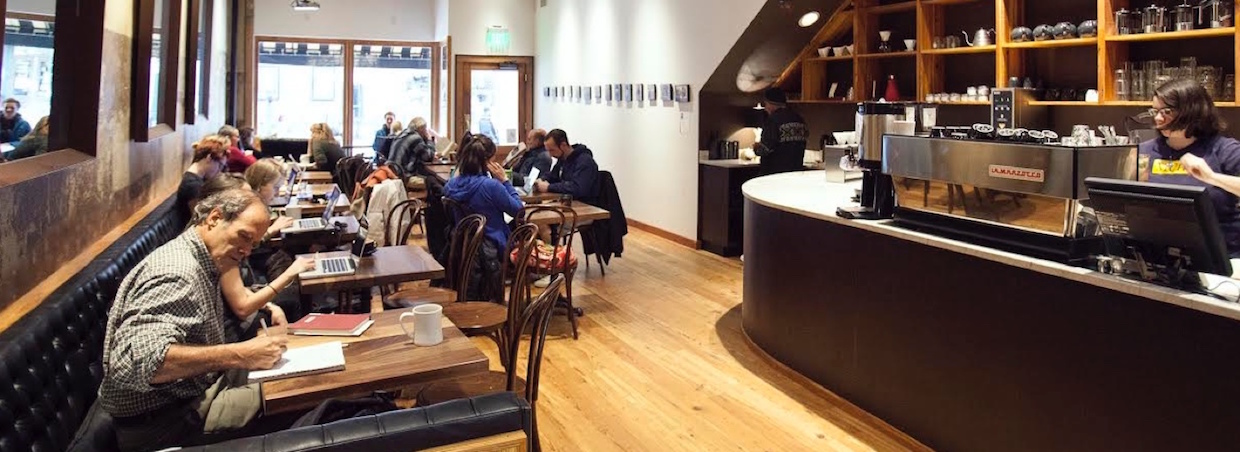
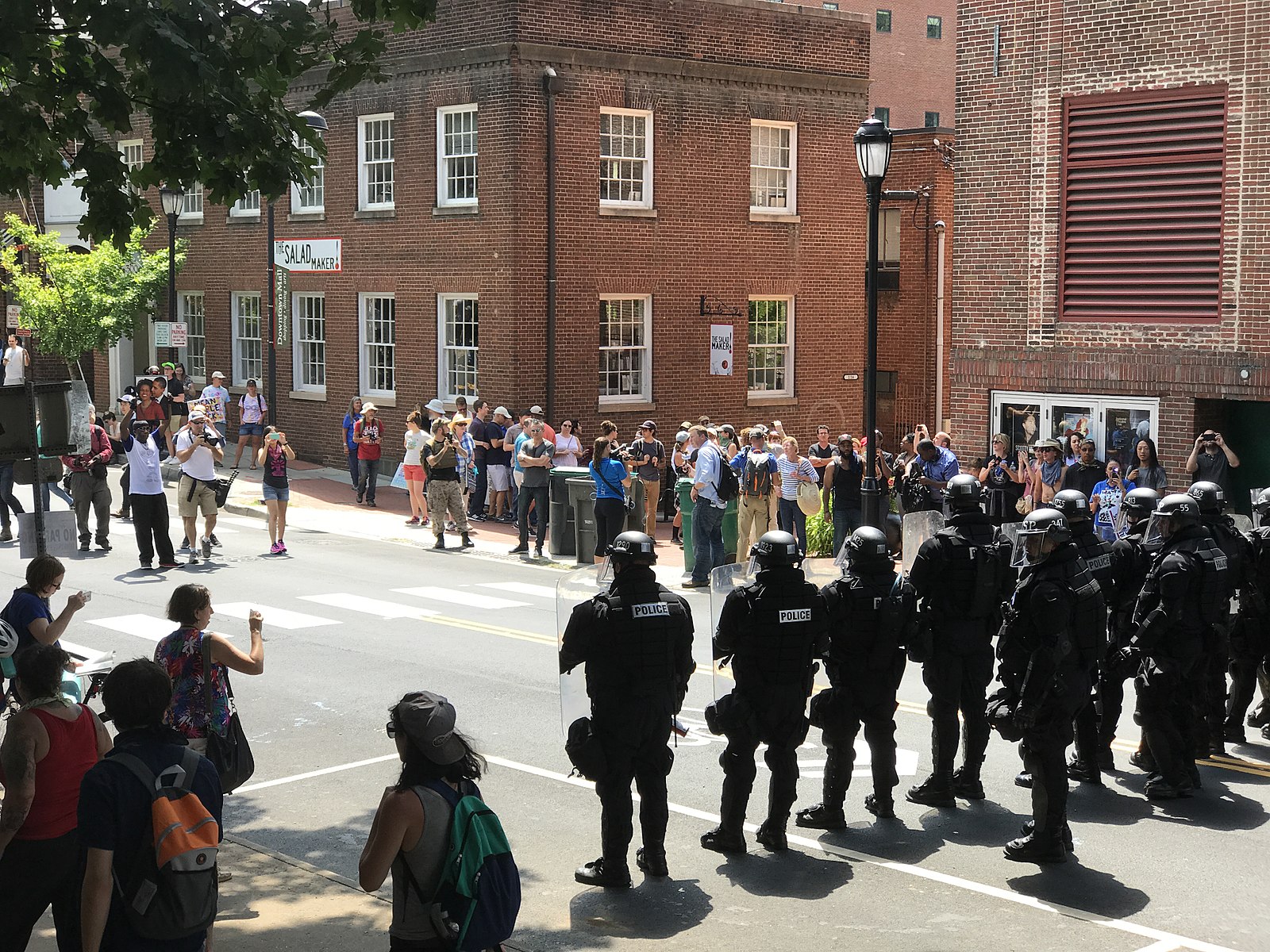
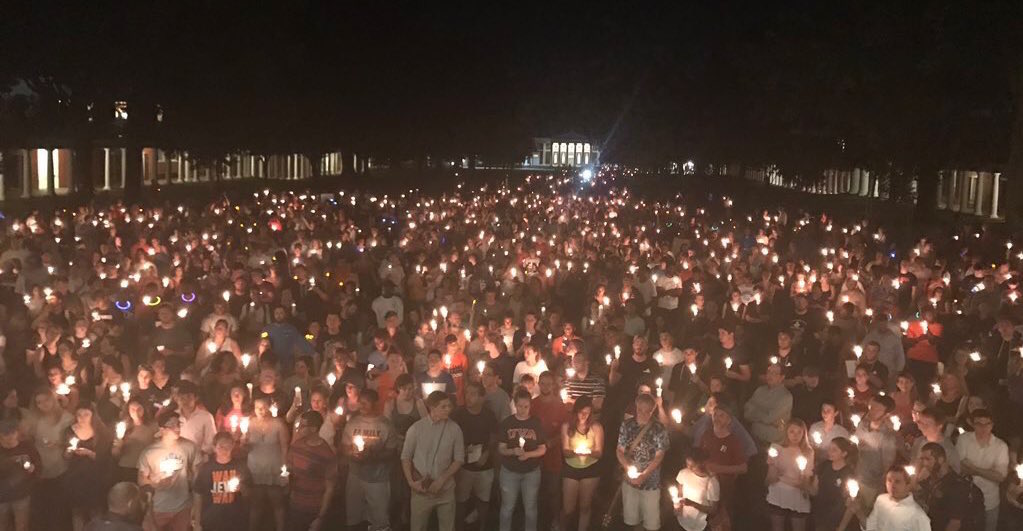
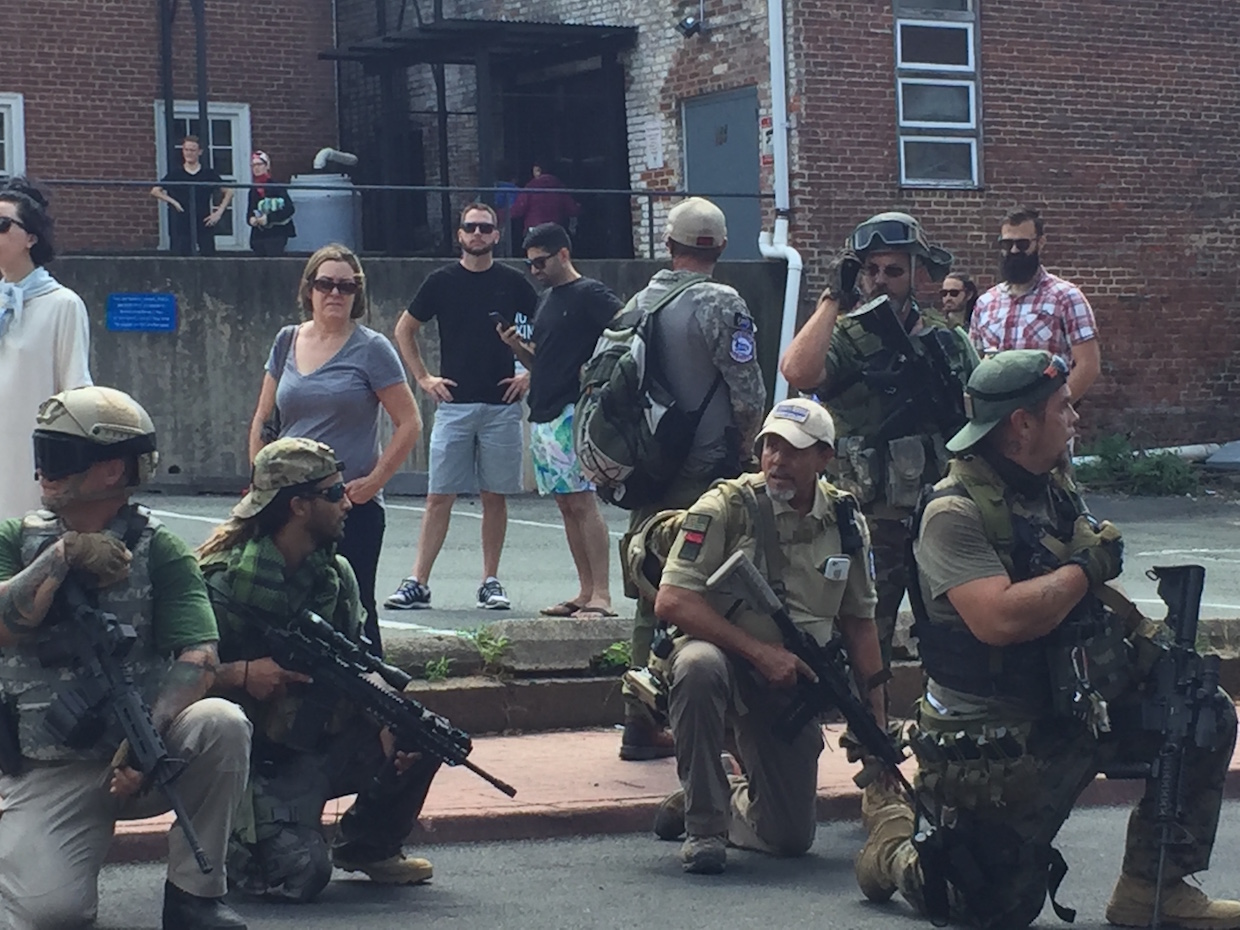



Comment